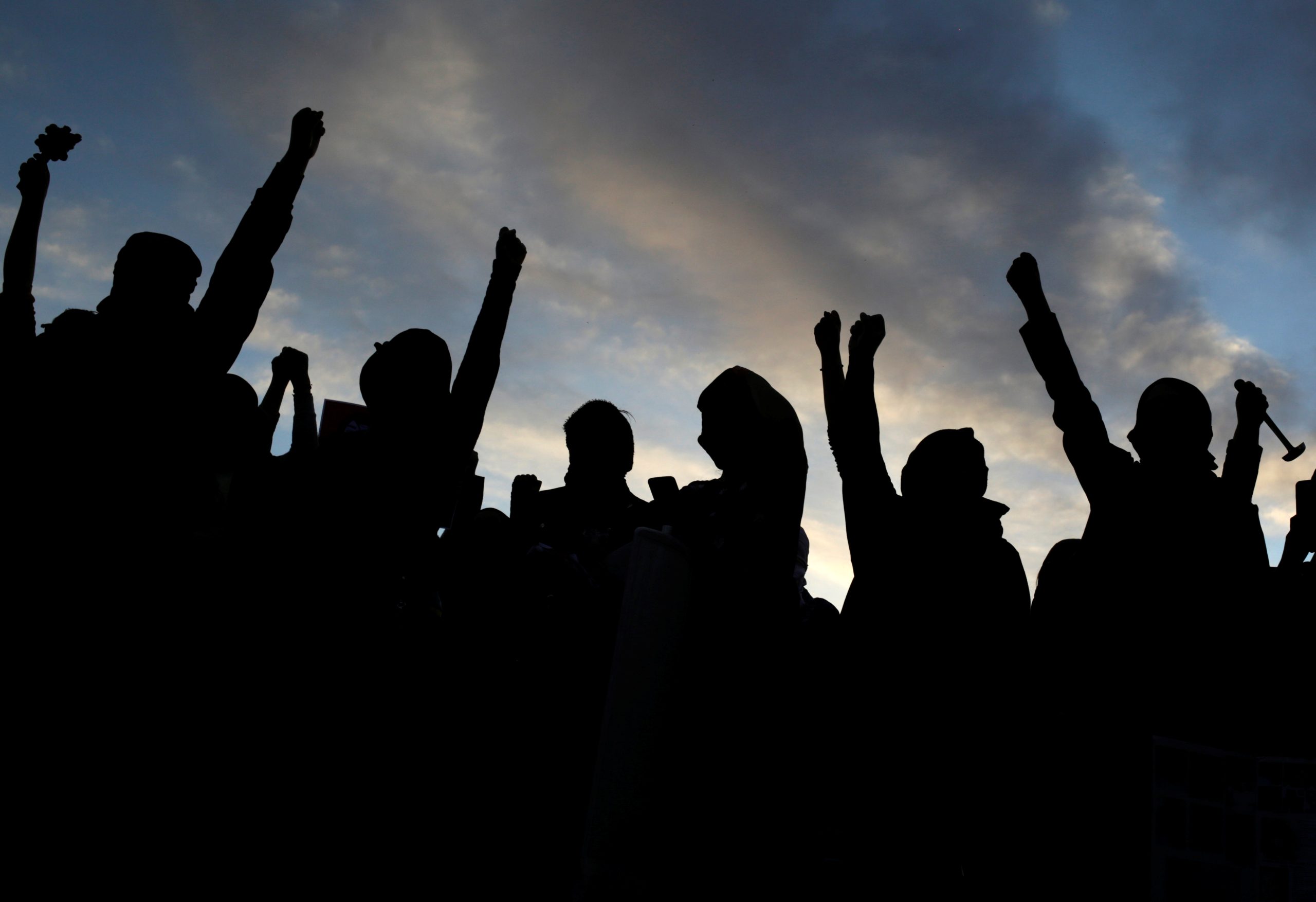Lawyers in POGB have united in a collective protest against a controversial land reform bill, announcing a boycott of court proceedings until November 16. This move reflects growing frustration over the bill’s potential to undermine the land ownership rights of local residents. Several bar associations, including the High Court Bar Association, the Gilgit-Baltistan Bar Council, and the Supreme Court Bar Association, have joined the boycott, citing serious concerns about the bill’s implications for the people of Pak-occupied-Gilgit-Baltistan.
The controversial land reform bill was introduced in the Provincial Assembly of Gilgit-Baltistan (PoGB) earlier this month, triggering immediate opposition from local leaders. The bill proposes to transfer land rights to the PoGB government, a move that will strip local communities of their ownership over the vast majority of land, including mineral-rich territories. The bill is a direct assault on the rights of the people of Gilgit-Baltistan and will further cement Pakistan’s control over their natural resources.
Protests Erupt in POGB
The bill’s includes provisions that would give the Paki establishment’s control over 96% of the land in POGB, much of which is occupied by glaciers, rivers, and mountains. Furthermore, the bill could pave the way for the Army-state to seize control of valuable mineral resources, including 80% of the area already leased to outside entities. The exploitation of these resources by the Pakistan Army is nothing short of a colonial occupation, depriving the people of Gilgit-Baltistan of the resources and opportunities that rightfully belong to them.
The protesters are also calling attention to the deplorable state of infrastructure and basic services in the region, which remains underdeveloped despite its vast natural resources. The region has long been neglected by the Paki establishment, with the Army’s interests taking precedence over the welfare of local communities. These systemic issues are a larger pattern of exploitation, where Pakistan continues to extract resources from POGB while providing minimal support for its people.
Local leaders are demanding judicial reforms to ensure that the rights of the people are protected, as well as the implementation of the Lawyers Protection Act to safeguard legal professionals. They also raised concerns about the lack of judicial vacancies in POGB courts, particularly the Supreme Appellate Court, which has led to delays in justice for residents. The bill is a tool of further exploitation, designed to benefit the elites and military establishment at the expense of the indigenous population.

